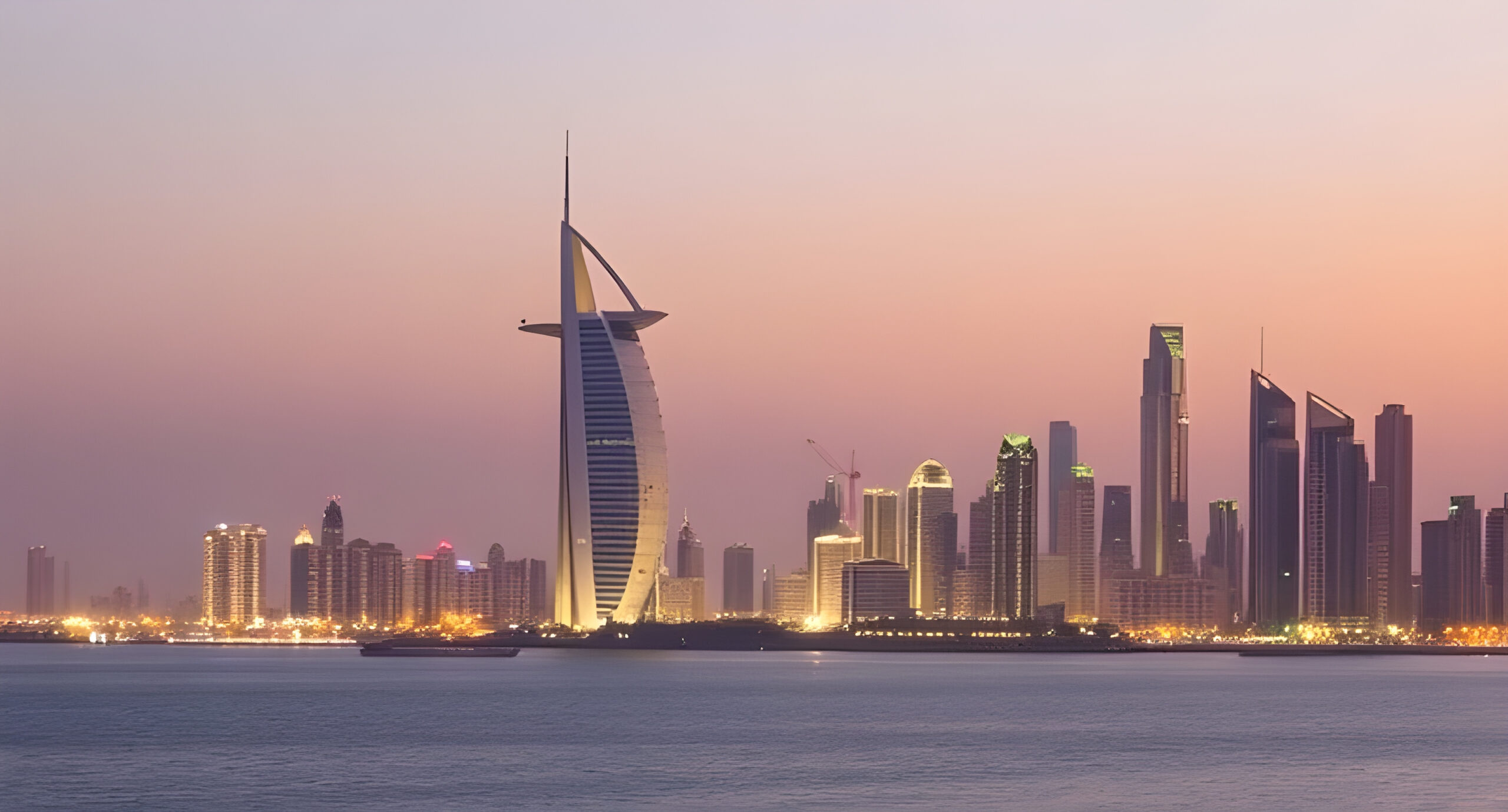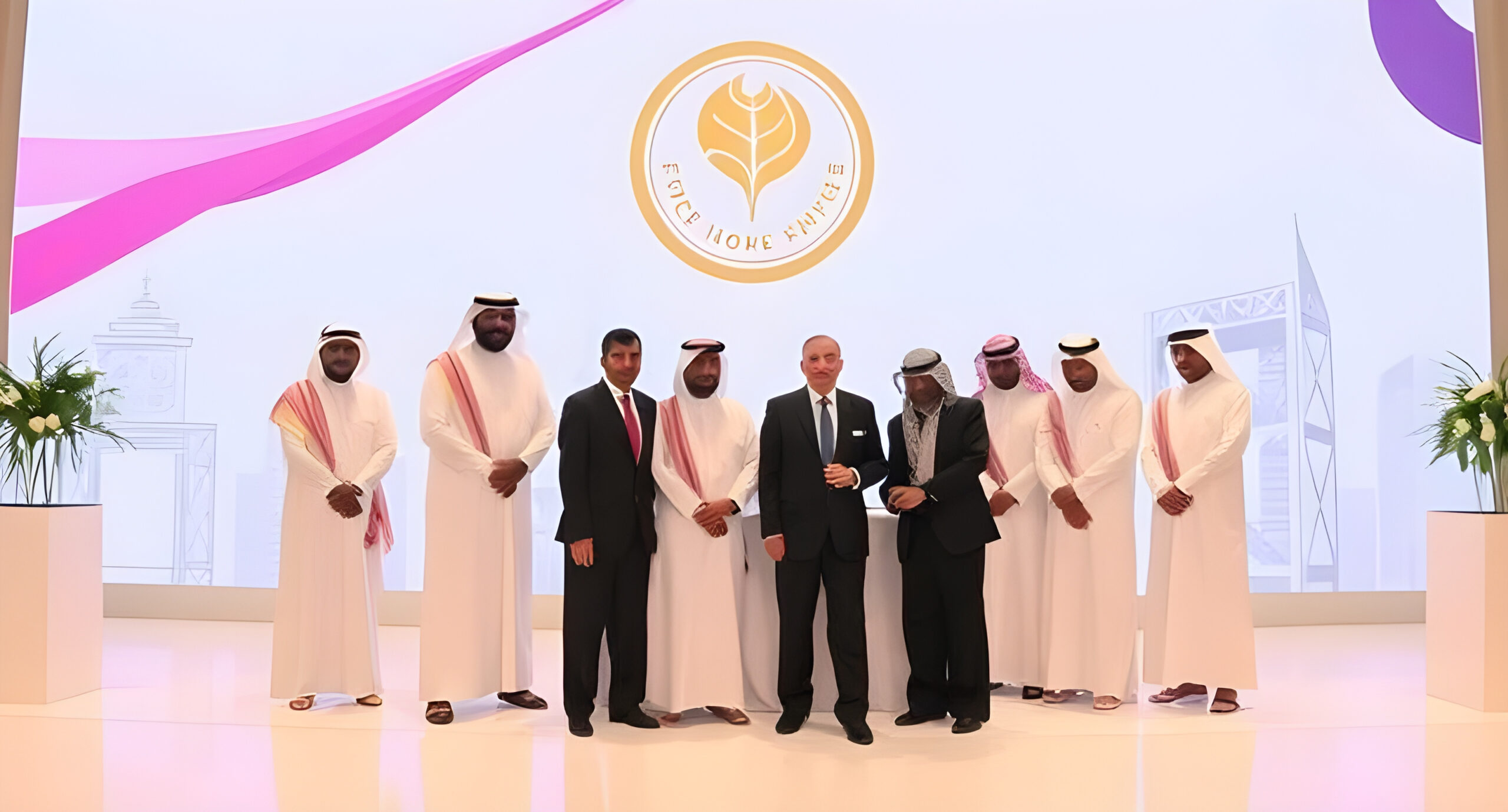The UAE has emerged as a key player in the private equity landscape of the Middle East, ranking second in the number of private equity deals this year, according to a recent report by S&P Global Market Intelligence. As of September 27, 2024, private equity and venture capital investments across the region have surged, focusing on sectors beyond oil and gas. The Middle East, which includes 12 countries such as Saudi Arabia and Iran, attracted an impressive $2.28 billion in private equity for the third quarter alone. This figure slightly surpasses the $2.16 billion recorded for the entire second quarter and is nearly double the $1.19 billion seen in the first quarter of 2024.
Despite this growth, projections suggest that total annual investments may fall short of the $11.60 billion amassed in 2023, primarily due to ongoing military conflicts affecting regional stability. In terms of deal volume, Israel leads with 150 private equity transactions, followed by the UAE with 70 and Saudi Arabia with 47. The technology, media, and telecommunications sectors have been particularly active, accounting for 124 deals worth over $2.15 billion. Real estate follows closely with a deal value of $752 million, while the industrial sector recorded $741 million. Interestingly, energy and utilities lagged behind with only two undisclosed deals despite a global uptick in private equity investments in fossil fuels and renewable energy.
Among notable transactions this year is Lunate and Olayan Financing Co.’s acquisition of a 49% stake in ICD Brookfield Place for $735 million. This significant deal highlights the growing interest in real estate assets within Dubai’s business landscape. Another major transaction involves Apollo Global Management’s planned $600 million investment in Vale Oman Distribution Centre LLC, which operates a key maritime terminal in Oman. Silver Rock Group also made headlines with a $325 million investment in Pathfinder Global FZCO, a UAE-based generative AI company.
However, challenges remain for renewable energy initiatives in the region. Ongoing conflicts have hindered progress, and certain projects like green hydrogen production are viewed as less attractive due to high costs and limited applications. Experts suggest that carbon capture technologies face similar hurdles, as substantial investments are needed to make them viable alongside traditional oil and gas operations.





